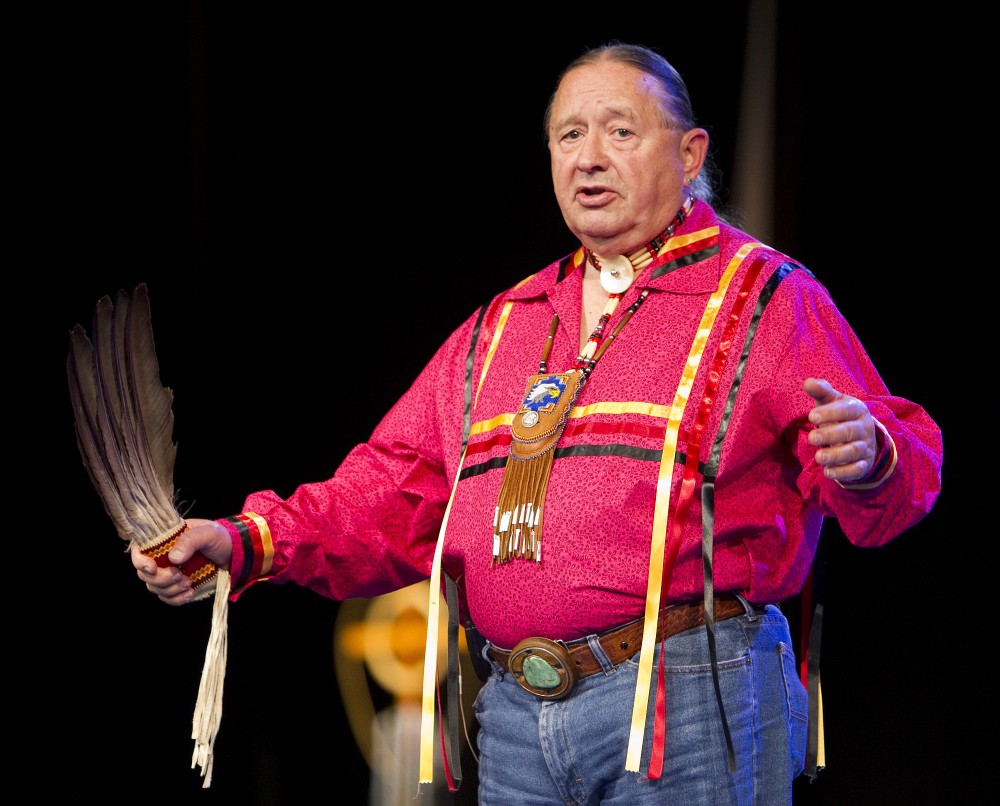Iliff School of Theology reckons with grisly past

For 80 years, a book about Christianity bound in the tanned skin of a murdered Lenape Indian was displayed in a glass case outside the library at the Iliff School of Theology, a United Methodist seminary in Denver, Colorado.
Donated in 1893 by R. M. Barns, a Methodist minister, the book was written in Latin and appears to have been considered a unique curiosity. In a 1934 story, the Rocky Mountain News called it “a priceless vestment for the teachings of brotherly love.”
In 1974, assistant librarian Jerry Campbell removed the book’s cover with a blade. “I remember thinking, ‘Good grief, this is the skin of a human being,’” he said. “This is a terrible thing to have here and be kind of celebrating it.”





